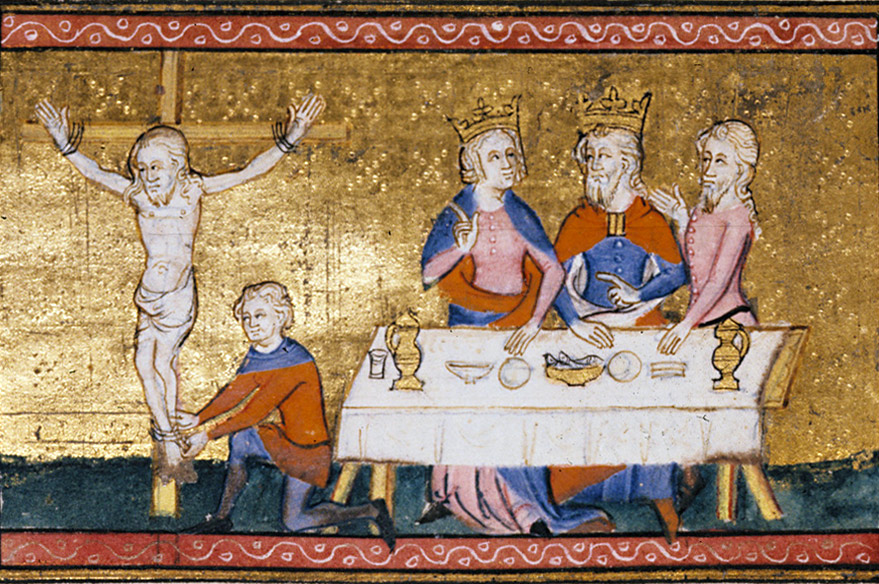rosends
Well-Known Member
I'm back from reading #2, and have just had a breakfast of babka and tea so I'm ready to post some questions that arose in my mind during the readings. I haven't researched these so they might have simple answers but I don't know them. Please feel free to educate me.
1. The understanding is that Mordechai was part of the Sanhedrin (which explains how he knew the language spoken by Bigtan and Teresh). Why would the Sanhedrin have been in Shushan? Was it the center of Jewish life outside of Israel during the exile between the 2 temples?
2. If Haman explained to Zeresh that Mordechai is a Jew (5:13) and he was advised to make the gallows, why does Zeresh (in 6:13) say "If he is Jewish"? The simplest answer is that she understood that Hashem helps the Jews when they deserve it so initially, the assumption was "he is Jewish and you have the upper hand? The God is unhappy with the Jews -- take advantage" and then later was "if he has the upper hand on you then, because he is Jewish, you are doomed" but I have no source for that.
3. What happened to Zeresh? Charbona tells on Haman because of the gallows, but the idea comes from Zeresh. Is she punished?
4. Why does the 1985 JPS have for "וְיִתְל֤וּ" impale and not hang?
1. The understanding is that Mordechai was part of the Sanhedrin (which explains how he knew the language spoken by Bigtan and Teresh). Why would the Sanhedrin have been in Shushan? Was it the center of Jewish life outside of Israel during the exile between the 2 temples?
2. If Haman explained to Zeresh that Mordechai is a Jew (5:13) and he was advised to make the gallows, why does Zeresh (in 6:13) say "If he is Jewish"? The simplest answer is that she understood that Hashem helps the Jews when they deserve it so initially, the assumption was "he is Jewish and you have the upper hand? The God is unhappy with the Jews -- take advantage" and then later was "if he has the upper hand on you then, because he is Jewish, you are doomed" but I have no source for that.
3. What happened to Zeresh? Charbona tells on Haman because of the gallows, but the idea comes from Zeresh. Is she punished?
4. Why does the 1985 JPS have for "וְיִתְל֤וּ" impale and not hang?
Last edited:




